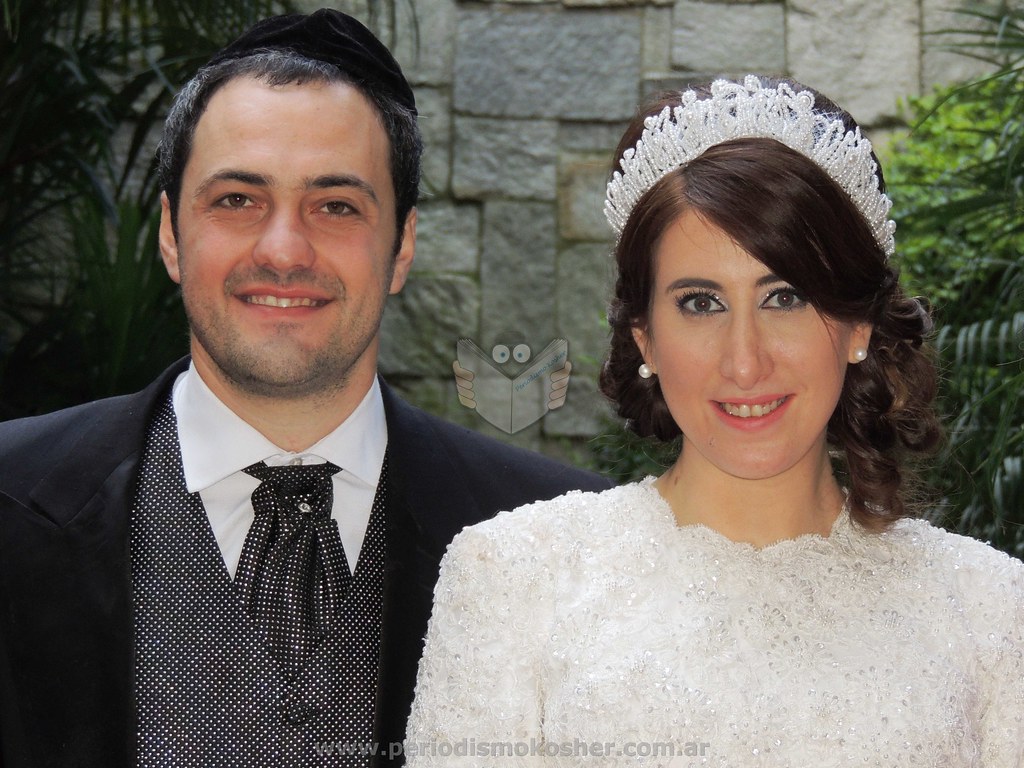When people search for Eric Bachrach, they often discover a man who has devoted his career to building communities through music. Known primarily for his leadership role at the Community Music School of Springfield in Massachusetts, Bachrach’s story intertwines music, education, family, and cultural identity. His dedication has left a lasting impact not only on his local community but also on countless students whose lives have been shaped by the power of music.
In this article, we will explore the life and work of Eric Bachrach, his journey as an educator and leader, and his broader influence. Whether you are a musician, educator, or simply curious about the man behind the name, this deep dive into his legacy offers valuable insights.
Early Life and Background
Eric Bachrach’s background is both rich and meaningful. Born after World War II, he came into a world deeply shaped by history. Accounts often note that he was born in Germany to Jewish-American parents—a fact that carries symbolic weight, connecting his life story to resilience, cultural heritage, and a commitment to rebuilding community.
Growing up in a family that valued culture and learning, Eric Bachrach developed an early appreciation for education and music. These early influences would later become the foundation of his professional life, inspiring him to dedicate decades to music education.
Eric Bachrach and His Connection to Music
The connection between Eric Bachrach and music goes beyond personal passion. His formal studies at Hunter College and the University of Massachusetts Amherst gave him both the academic grounding and artistic insight to thrive as a music educator. His love for music was not just about performance but about community—about how music could transform lives.
From classical traditions to contemporary forms, Bachrach embraced a broad perspective. He viewed music as a universal language capable of fostering inclusivity and belonging. This philosophy guided his career and informed his leadership at the Community Music School of Springfield.
Community Music School of Springfield
One of Eric Bachrach’s most notable contributions is his long-standing role at the Community Music School of Springfield (CMSS). Serving as Executive Director for nearly three decades, he helped the school grow into a respected hub for music education and cultural programming in western Massachusetts.
At CMSS, Bachrach oversaw programs that brought music to children, families, and adults, regardless of background or ability to pay. Under his guidance, the school became more than just a place to learn an instrument; it became a community center where music acted as a bridge between people of diverse cultural and socioeconomic backgrounds.
Leadership Style and Educational Philosophy
Eric Bachrach’s leadership was grounded in accessibility and inclusivity. He believed:
- Music education should be available to everyone, not just those who can afford it.
- Diversity enriches the learning experience and reflects the true spirit of community.
- Teachers should inspire curiosity, not just mastery of technique.
- Music should be used as a tool for social change and personal growth.
This philosophy earned him respect among colleagues, educators, and students alike. His approach combined practical leadership with visionary ideals, making CMSS a model for other community music schools nationwide.
Family Life and Notable Connections
Beyond his professional life, Eric Bachrach is also recognized as the father of actor Ebon Moss-Bachrach, best known for roles in The Bear, Girls, and The Punisher. While Eric built a legacy in music education, his family also contributed to the arts in other forms, showcasing a shared appreciation for creativity.
His spouse, Renee Moss, has also been deeply engaged in community work. Together, the family has exemplified how the arts can be woven into everyday life and used as a foundation for building meaningful relationships.
Legacy in Music Education
Eric Bachrach’s legacy is defined by:
- Founding and expanding CMSS as a cornerstone of arts education.
- Championing inclusivity in music programs.
- Mentoring young teachers and musicians who continue to carry forward his philosophy.
- Advocating for music as a tool of healing and connection.
Even after stepping down from his leadership role, Bachrach remains associated with CMSS as Executive Director Emeritus, continuing to support the institution’s mission.
Influence on Local and National Music Communities
Eric Bachrach’s influence extends beyond Springfield. His ideas resonate with broader conversations about equity in the arts, the importance of arts education in schools, and the role of music in civic life. By linking community needs with artistic practice, Bachrach provided a framework that has inspired similar initiatives nationwide.
Through conferences, collaborations, and mentorship, he has shaped not just a local school but also contributed to the wider movement advocating for accessible music education.
Challenges and Achievements
Like any visionary, Eric Bachrach faced challenges. Funding for arts programs has historically been inconsistent, and community-based schools often struggle to balance accessibility with financial sustainability. Despite these challenges, he achieved remarkable success:
- Sustained CMSS for nearly 30 years as Executive Director.
- Secured partnerships and funding to expand community outreach.
- Navigated cultural shifts to keep programs relevant and inclusive.
His ability to adapt and persevere reflects his resilience as both a leader and an educator.
FAQs About Eric Bachrach
1. Who is Eric Bachrach?
Eric Bachrach is a music educator and community leader best known for serving as Executive Director of the Community Music School of Springfield, Massachusetts.
2. What is Eric Bachrach’s connection to Ebon Moss-Bachrach?
Eric Bachrach is the father of actor Ebon Moss-Bachrach, known for his performances in The Bear and other television and film roles.
3. What was Eric Bachrach’s role at the Community Music School of Springfield?
He served as Executive Director for nearly three decades, later becoming Executive Director Emeritus, and played a pivotal role in expanding access to music education.
4. What is Eric Bachrach’s educational background?
He studied at Hunter College and the University of Massachusetts Amherst, where he focused on literature and music.
5. What is Eric Bachrach’s legacy?
His legacy lies in making music education accessible, inclusive, and transformative for diverse communities.
Conclusion
Eric Bachrach’s story is one of vision, persistence, and love for music. From his early life shaped by cultural history to his decades at the Community Music School of Springfield, he has dedicated himself to ensuring that music remains a force for unity and growth. His impact lives on through the students he inspired, the community he nurtured, and the institution he helped build.
The name Eric Bachrach stands as a testament to the enduring power of music in shaping lives, communities, and cultural heritage. His journey offers valuable lessons on leadership, education, and the role of the arts in fostering a more connected world.

